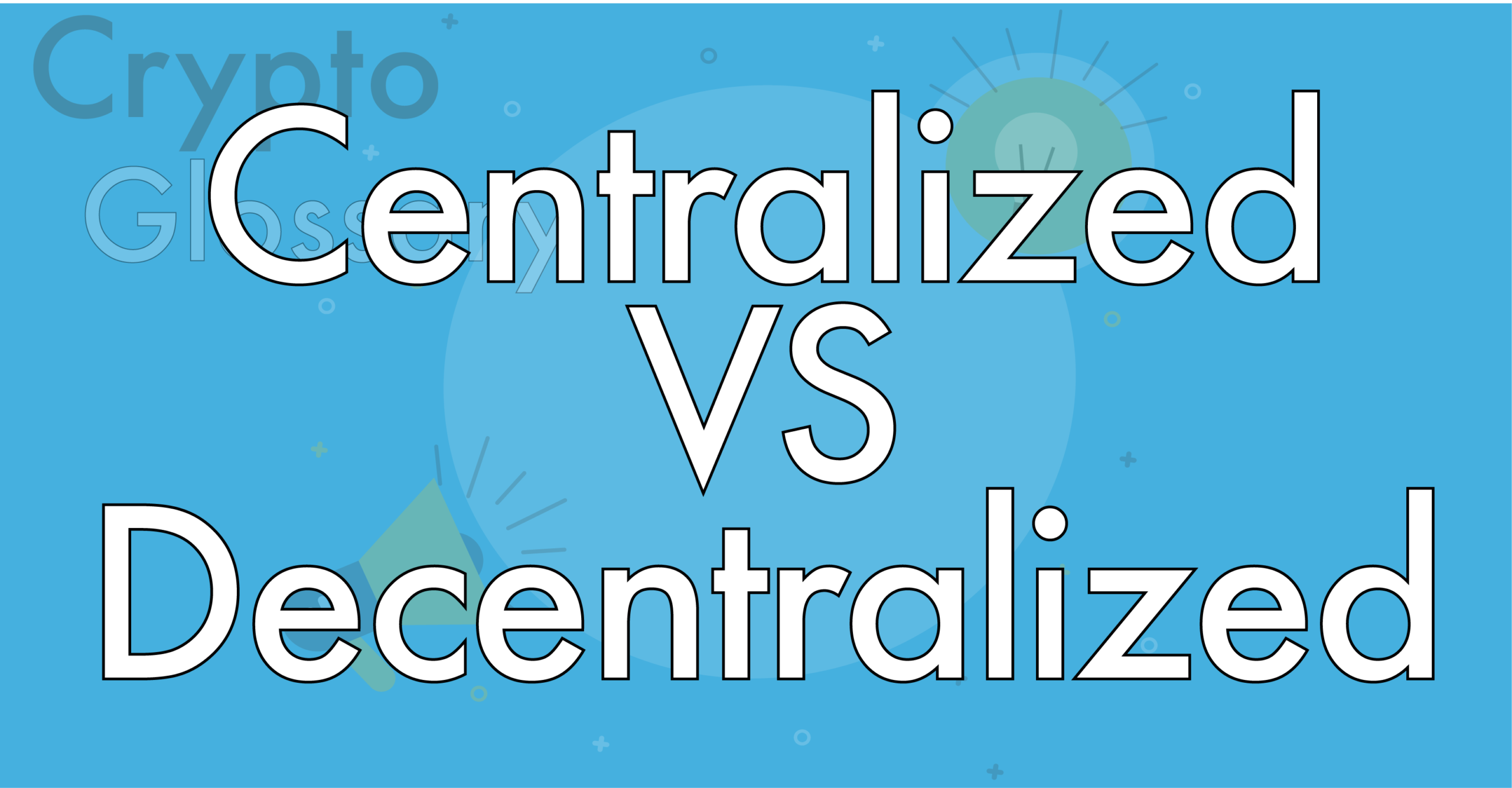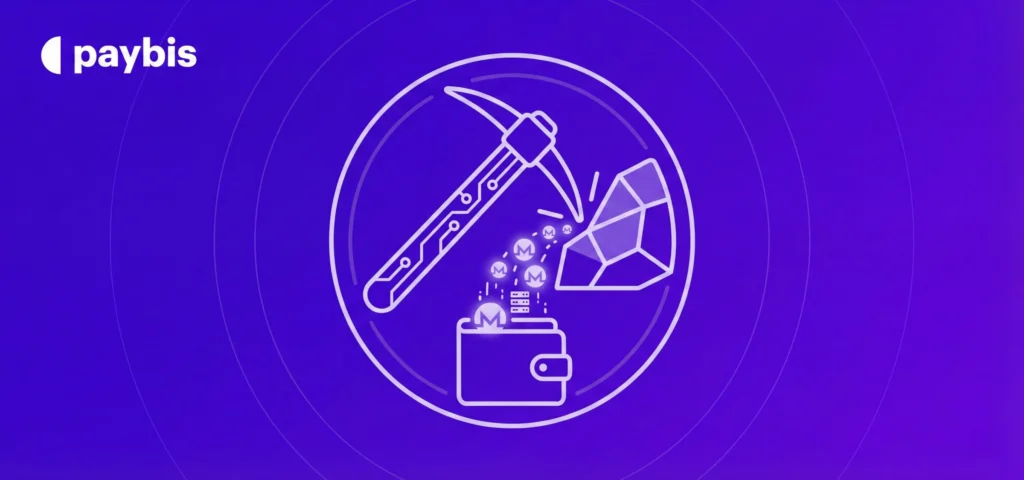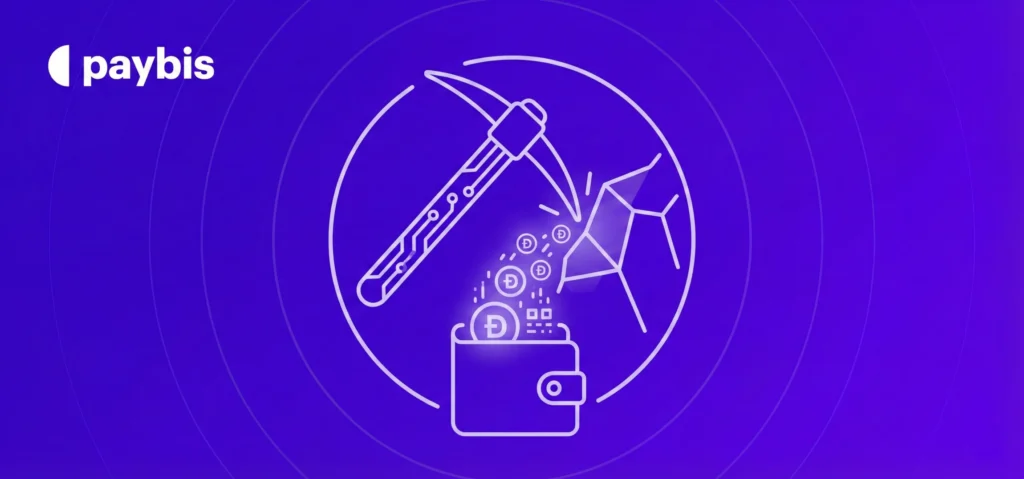What is the Difference Between Centralized and Decentralized?
The centralization debate is a hot topic in the crypto technology. In this short section, you will learn what is the difference between centralized and decentralized models.
What is the difference between centralized and decentralized cryptocurrencies?
In short, centralization indicates that one single entity has control over a certain network.
On the contrary, decentralization does not have one specific decision-maker. Instead, the decision-making process is shared between the participants of the network.
A deeper look into centralization models
Under certain conditions, a centralized organizational structure can be advantageous. It may have a better perspective on the big picture of the organization and how everything works.
For small-scale systems, centralization is often an optimal solution. It accelerates the decision-making process and lowers the costs of system management. On the contrary, it may not be the best structure for large organizations.
A single governing body can bottleneck the decision process and slow down all of the proceedings within the system. Moreso, it prohibits lower-level participants to have a say in how the structure’s organization, excluding them from the decision making process.
What needs to be noted is that a single decision-making entity can be a real problem, as it opens the door to corruption and misuse of power.
Why decentralized models are preferable
As Blockchain technology is becoming more popular, models of decentralization are starting to show their strengths. Here are some of the main advantages of decentralization in real-life applications:
- Permissionless – in decentralized systems, no one can prohibit you from participating in the ecosystem. It’s open to anyone, anywhere in the world.
- Limited government influence – one example is how detrimental government meddling is the devaluation of currencies by printing more money and contributing to inflation. In decentralized models like cryptocurrency blockchains, no one has the power to do this and the issuance of currencies follows a strict set of rules instead.
- Decreased dependency – instead of relying on a single central authority, decision responsibility is equally distributed. This helps decrease the chance of the weak link on the top of the decision-making process.
With cryptocurrencies, the advantage of decentralization is obvious.
Not only do they allow anyone to participate in the decision-making process, but there’s no central governing body, so no one can “shut the network down”.
Disclaimer: Don’t invest unless you’re prepared to lose all the money you invest. This is a high‑risk investment and you should not expect to be protected if something goes wrong. Take 2 mins to learn more at: https://go.payb.is/FCA-Info



